France: black market cigarettes cost the state 3 billion per year

Anti-smoking regulations have skyrocketed throughout Europe and France in the last few years. And while tobacco sales may be down, the black market continues to grow, representing a major loss of revenue for a country that continues to push political leaders to adopt new regulations … and it must be said that those most responsible for the increase in black market sales are cigarette manufacturers themselves.
Everybody knows that the price of a packet of cigarettes is set to rise to 10 Euros by 2020. This is bad news for tobacconists, but it will not be as much of a burden for manufacturers. Why? Because although there are 1.6 million fewer French smokers than there were in 2016, the black market has since exploded.
There are an estimated 18 billion cigarettes (30% of the total production) sold illegally every year. Contraband represents 98% of this trafficking, with cigarettes being sold legally in countries with less stringent anti-smoking regulations. And where do these cigarettes come from? Big Tobacco, of course.

Measures must be taken to combat the black market
Most of the cigarettes sold belong to four of the industry giants: Philip Morris, British American Tobacco, Japan Tobacco, and Seita-Imperial Tobacco. The state is losing 3 billion Euros per year due to contraband, and Big Tobacco is well aware of this when it sells discount merchandise, thus promoting black market sales.
The principality of Andorra consumes 120 tons of tobacco per year. However, Big Tobacco only delivers 850 tons of cigarettes to the country! A WHO protocol on cigarette traceability was supposed to fix this issue, but the problem is there is no independent organization to ensure that the protocol is respected in countries that have ratified the agreement.
French MPs are hoping for new public policies that more effectively fight against contraband, but only a new taxation policy made at the European level will be able to effectively confront the black market. For the time being nothing has been planned, and this lack of action has led Michèle Rivasi to suggest that the European Commission may be in the back pocket of tobacco lobbyists.






